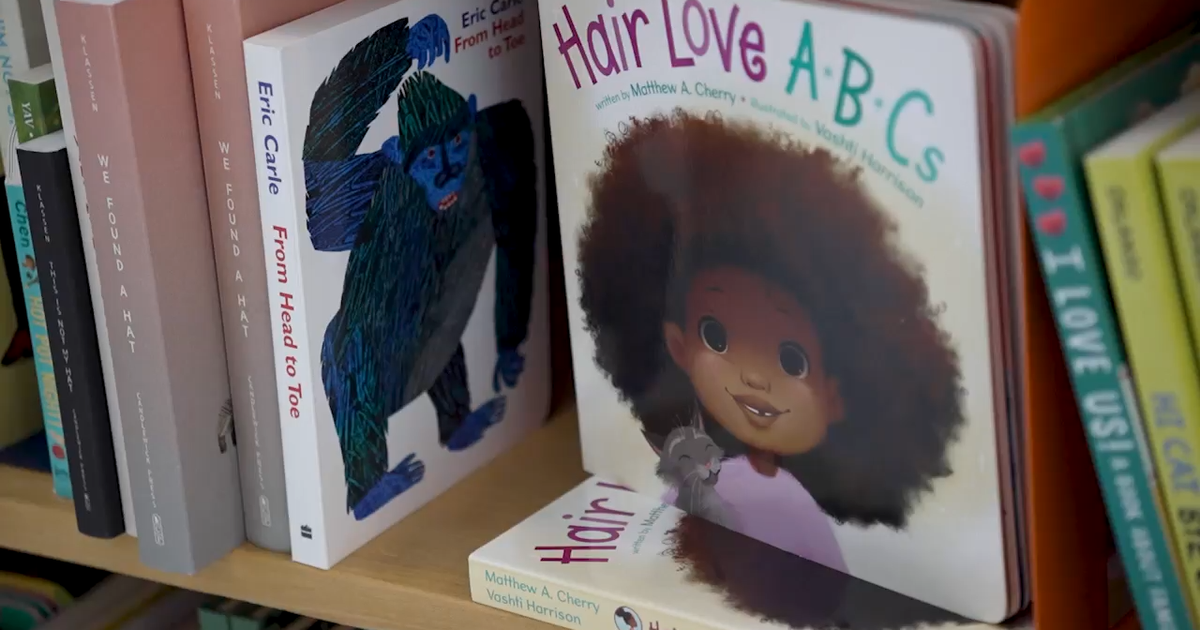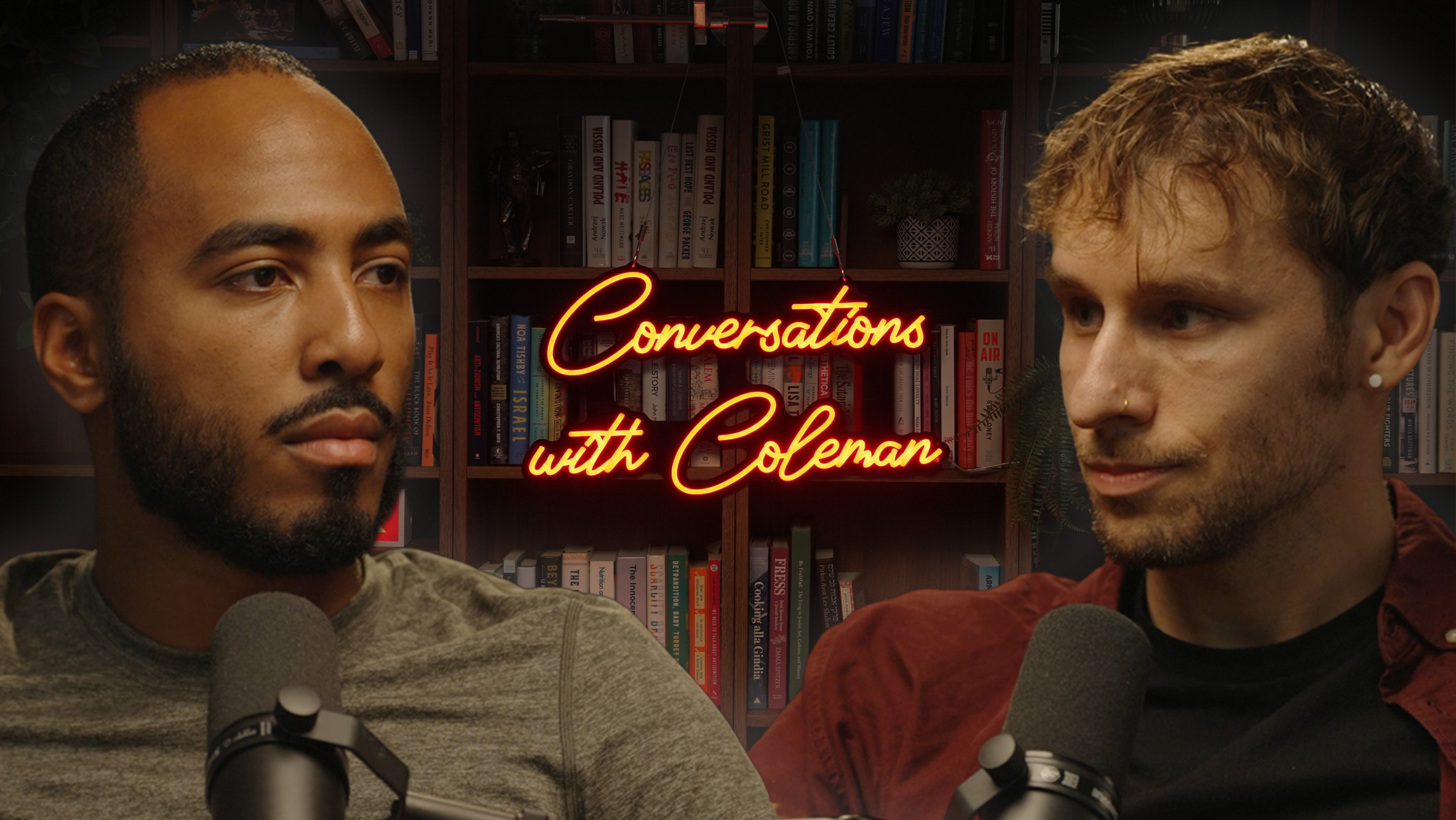A reader's guide for "Let Us Descend," Oprah's book club pick
Oprah Winfrey has selected "Let Us Descend" by author and MacArthur Fellow Jesmyn Ward as her newest book club pick.
"Let Us Descend," published by Scribner — an imprint of Simon & Schuster which is a division of CBS News' parent company Paramount Global — chronicles the trials of Annis, an enslaved teenager. The storyline details her grueling journey from a North Carolina plantation to her subsequent sale in New Orleans.
The questions, discussion topics and other material that follow are intended to enhance a group's conversation of "Let Us Descend."
Reading Group Guide by Jesmyn Ward.
Questions and Topics for Discussion
1. Annis describes her mother as "a woman who hides a tender heart" (page 4). Name a few moments when Mama reveals her tenderness. How does she conceal her "tender heart" and, in your opinion, what is she protecting by hiding it?
2. Turn to page 6. Read from "I take care to hide . . ." to the text break on page 9 ("Queens.").
Bees appear as a motif throughout the novel. According to this passage, what might bees
symbolize in Let Us Descend? by
3. On page 33, Annis listens through the door as her half-sisters are taught a passage from
Dante's Inferno. Dante's Inferno is a literary antecedent for this book-just as Annis is
accompanied on her walk south by Aza, Dante was lead through the nine circles of Hell
by the spirit of Virgil. Chart Annis's journey from the Carolinas to New Orleans. Can you
identify any "circles of Hell" she might have waded through? What distinguishes one from
another? How did Ward's allusions to Inferno impact your reading of the novel?
4. Consider the role of spirits in Let Us Descend. They can be sinister, with selfish needs
and malicious plans, or angelic guides offering counsel and comfort, and everything in
between. How would you characterize Aza when she first appears to Annis in Chapter 3?
5. When she arrives in New Orleans, Annis finds a new world she has never encountered-
many brown people, some even lighter than she is, are free, able to "walk through the
world as if every step they take is their own" (page 92). These women avert their eyes
from Annis, Phyllis, and the other enslaved people. Shortly after, a group of young boys
stare at Annis, but their mother whisks them away. Why are the free people of New
Orleans reluctant to look at the captives as they walk by? On the other hand, why is it so
hard for Phyllis and Annis to look away from the free Black people?
6. Turn to page 113, where Annis narrates, "New Orleans is a hive, and us the honey."
What do you think she means?.
7. Discuss Annis's encounter with They Who Take and Give, the spirits of the ground, while
she is confined to "The Hole" on pages 158 to 164. How do you characterize her emotional
journey across this encounter? Does this interaction alter her perception of the spirits?
Did it alter yours?
8. By cutting her hair, Annis attempts to take control over one element of her life-she
severs an obvious connection to her complicated ancestry. What makes Annis's hair
meaningful in this way? Why do you think she offers her hair to They Who Take and Give?
9. Consider Aza's physical changes. For example, on page 184, she shrinks, changing form
so that it almost looks to Annis that they "could be sisters." Note also how Aza takes on
Mama Aza's appearance throughout. Why does Aza shape shift in this way?
What, if anything, is she hoping to get from Annis as a result?
ENHANCE YOUR BOOK CLUB
1. Jesmyn Ward's previous books have earned her two National Book Awards, a MacArthur
Fellowship, and other prestigious honors. Read Sing, Unburied, Sing: What role do ghosts play
that novel? Compare Leonie and Given to Annis and Aza. Or, read Salvage the Bones: What role
does nature play in that novel? How is its ferocity depicted in that novel in comparison to this
one?
2. Read Beloved by Toni Morrison. How do the two books exist in conversation with one another?
3. Watch Roots, the 1977 miniseries that told the saga of American families by tracing the
connection between their origins in Africa and their present in America. What is the significance
of family legacy in African American history?
4. Let Us Descend is filled with references to historical practices, places, and events. Research the
histories of plaçage women, the Great Dismal Swamp, and maroon colonies.



